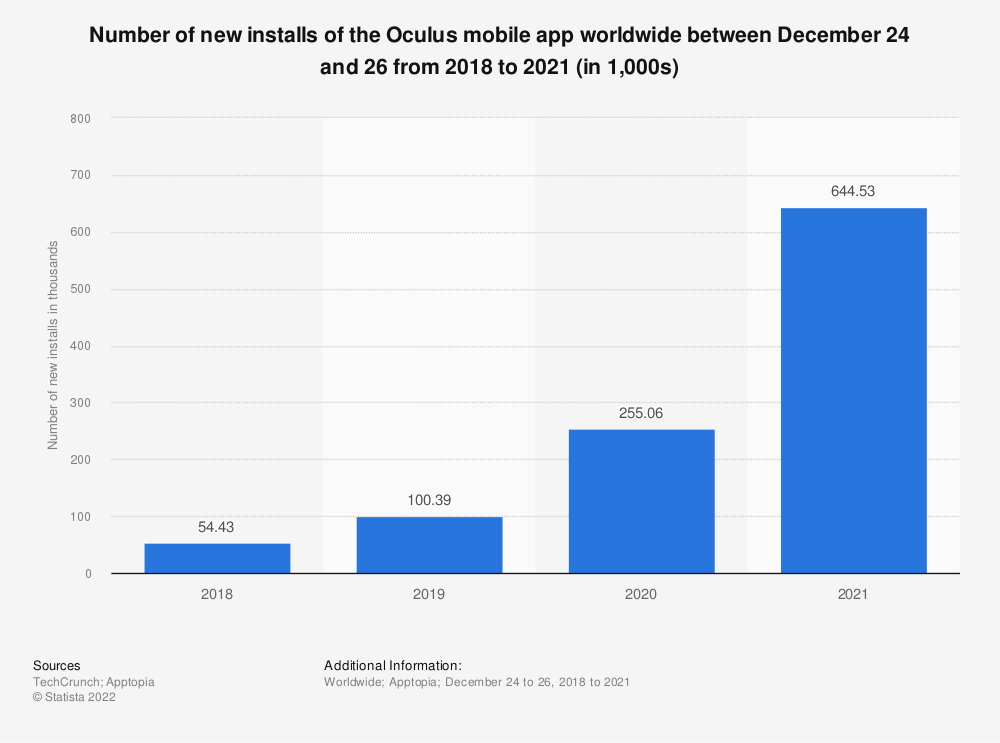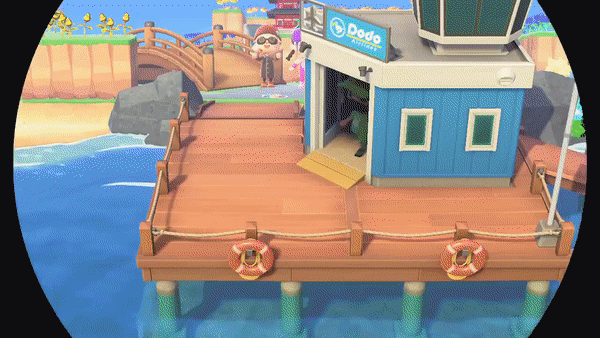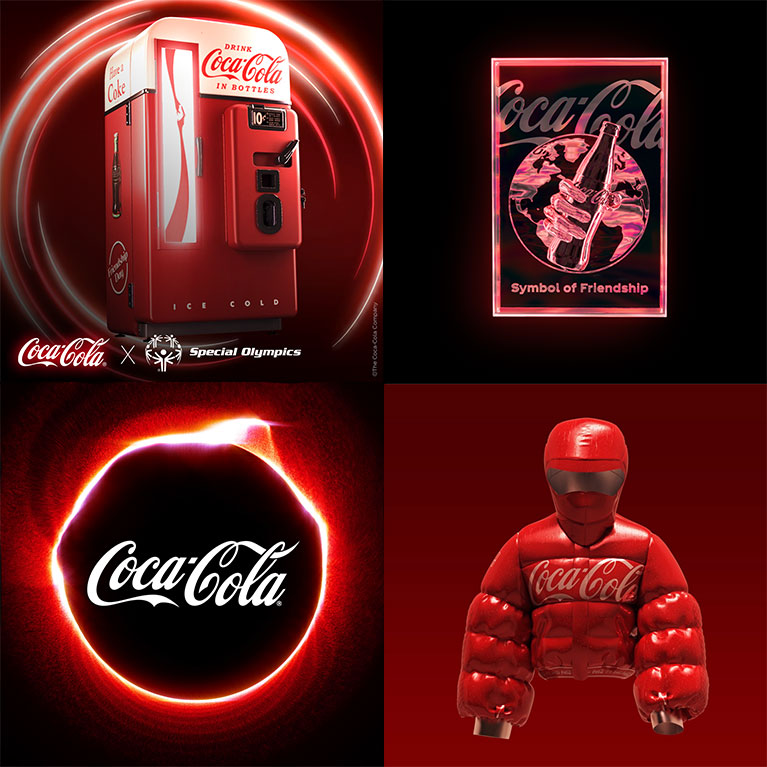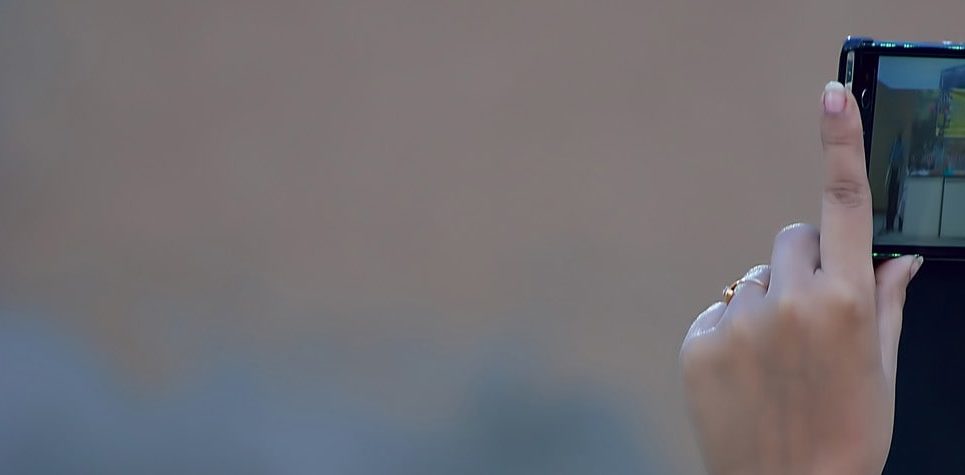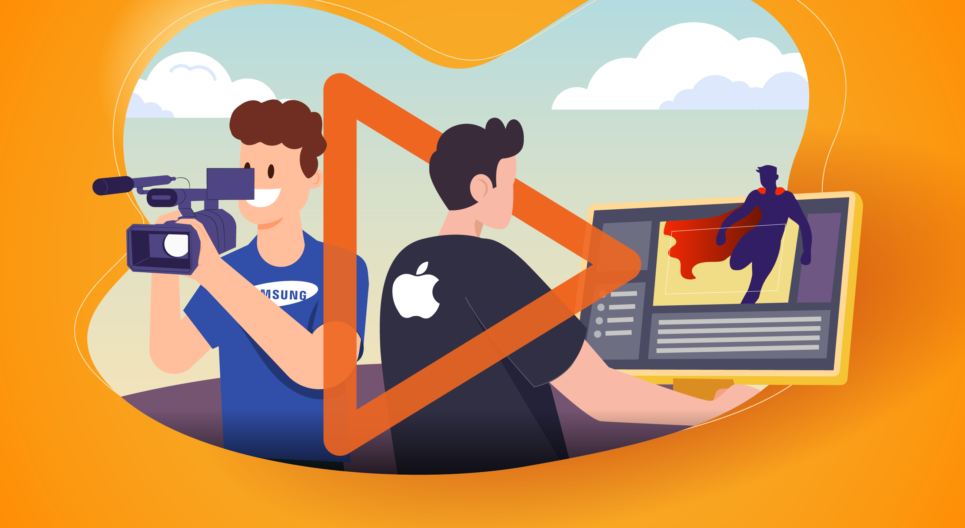

The future of marketing in the metaverse
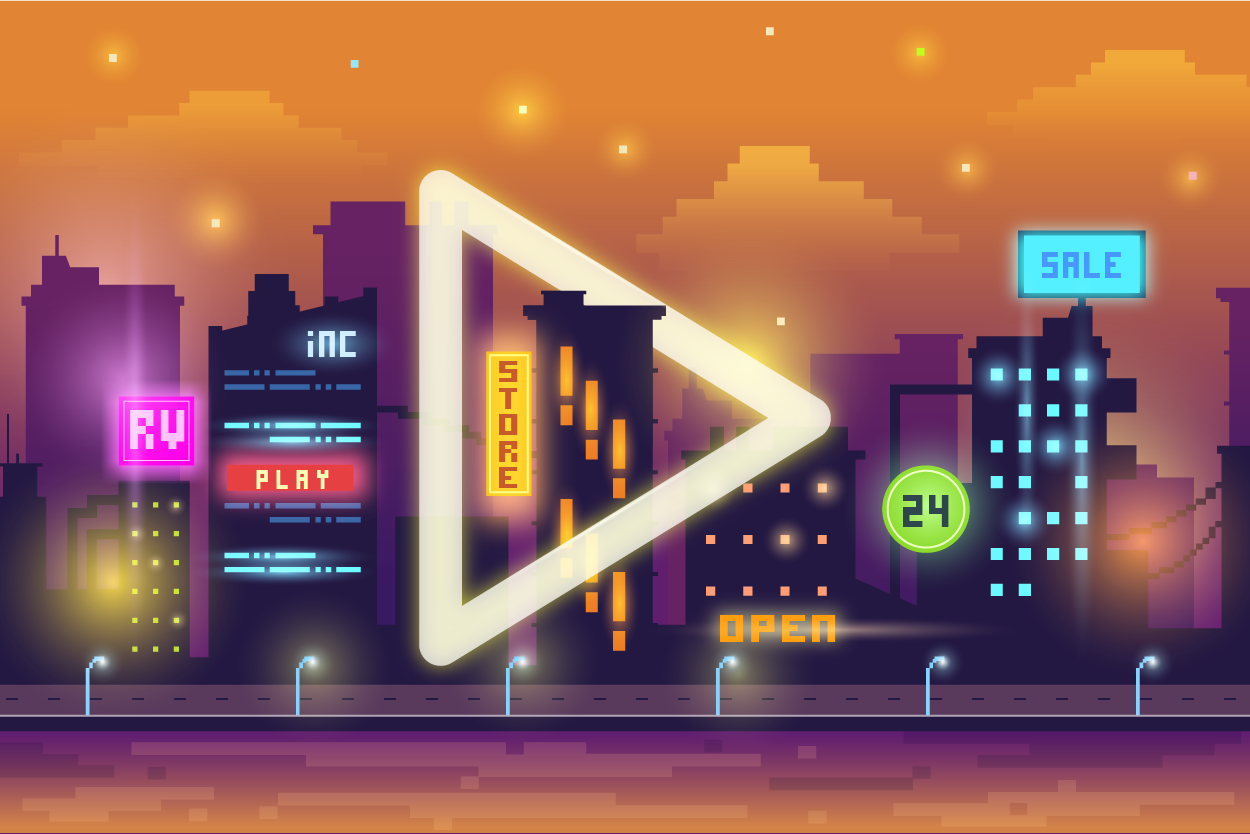
The possibilities seem wild and endless
Metaverse this, metaverse that — we’ve lost count of how many times we’ve heard about the future of these virtual worlds.
Indeed, the digital world is no longer limited to the confines of a screen. From NFTs and branded collectibles to virtual clothing and concerts, we’ve seen a few companies already making strides in marketing in the metaverse. But first, what is the metaverse?
A whole new world
The metaverse is a network of digital worlds that allow users to interact and engage with each other in a virtual space.
Rather than a specific type of technology, “metaverse” is used to broadly explain the growing overlap between our digital and physical realities — such as in areas like the economy, entertainment, socialising and productivity.
The common perception of the metaverse is that it is a single universal virtual world. But we’re not exactly there yet — it’s still a hypothetical vision of what the internet could be in the future. The key to this lies in interoperability, which means that the various platforms are able to work with or use the parts or equipment of another.
And because it’s all still new, there are so many different iterations of what the metaverse could look like. For Meta (formerly known as Facebook), it includes a virtual house where you can chill and host guests.
Microsoft, on the other hand, thinks virtual offices with meeting rooms are part of that vision.
“The way I think about it is evolving computing in an immersive way with augmented reality,” says Google CEO Sundar Pichai, in an interview with Bloomberg.
More than just a big clunky headset
Can’t quite wrap your head around it? You’re not alone.
“I think that this shift to the metaverse is very generational,” says Roblox’s Chief Business Officer Craig Donato, as reported on CNBC. “Kids that grew up in interactive gaming intuitively get this stuff.”
The metaverse can be made up of technologies including virtual reality (VR), augmented reality (AR), blockchain, artificial intelligence, but it isn’t required for these spaces to be accessed exclusively by VR or AR.
Many existing virtual worlds, such as Fortnite and Roblox, can be already accessed by familiar technologies like PCs or game consoles through a screen — and these platforms can be considered ‘metaversal’ to an extent.
But of course, the idea of putting on big VR goggles to enter this new realm still sticks, and it’s not surprising considering their popularity these days.
Meta’s Oculus VR headsets were a top gift choice over the holiday season. In fact, the Oculus virtual reality app (used to manage these headsets) was the most popular app on Apple’s App Store on Christmas Day 2021, registering more than 644.5 thousand installs from new users worldwide. That’s about a 540 percent increase from 2019, the year in which the Oculus Quest VR set was launched.
What does this all have to do with marketing?
Virtual reality is the perfect place for marketing to take root since it creates an immersive environment where brands can control the entire experience. Potential customers can be transported to a world created by the brand, where they can be given a complete overview of the product or service.
Some companies have created characters for promotional purposes that live inside the game world. Other companies create entire branded environments, like advergames or retail stores that look just like their real life counterparts. And some businesses even hold contests where users build their own houses and get rewarded with cash prizes for winning them.
Brands that have entered the metaverse
1. Deliveroo
Partnering with the popular Nintendo game Animal Crossing, Deliveroo launched a campaign in the virtual world, where gamers can get a surprise virtual food delivery by commenting on Deliveroo’s Facebook page.
Afterwards, you’ll get a queue number with an approximate delivery time — just like real life. The virtual delivery drivers also wore the same uniform as physical Deliveroo riders to ensure brand recognition. Those who got the surprise delivery are also entitled to promo codes that can be used in the real world, seamlessly translating the virtual fun into tangible rewards.
2. Gucci

Not too long ago, the Italian fashion house partnered with gaming platform Roblox to host a two-week art installation event in the Gucci Garden.
Recreated for the virtual space, participants were allowed to visit the Gucci Garden without having to shell out a single penny for airline tickets and hotels in Florence. Instead, they were able to enjoy it from the comfort of their own home with a virtual headset.
The space offered visitors the chance to explore various themed rooms paying homage to the brand’s campaigns, just like its real-life counterpart. Upon entering the area, each visitor receives a blank, genderless avatar that can then be dressed up with Gucci’s digital garments and accessories that were available for purchase.
3. Coca Cola
One of the most recognisable soda brands jumped into the metaverse landscape by releasing a non-fungible token (NFT) last year. It’s packaged as a loot box with four items inside it:
- A Friendship Box that reimagined a vintage Coca Cola cooler
- A Coca Cola Bubble jacket that can be worn in the Decentraland 3D virtual reality platform
- A sound visualiser that illustrates Coca Cola’s iconic sounds
- The Friendship Card that had gained popularity in the ’90s
The winning bidder paid a whopping US$575,883.61 and also received an actual-size Coca Cola refrigerator.
4. Ariana Grande
In August 2021, Ariana Grande held a virtual concert in the popular gaming platform Fortnite. She performed a 12-minute setlist, belting out some of her greatest hits, including Positions and 7 Rings in avatar form, surrounded by fantastical and whimsical environments.
But Ariana Grande isn’t the first superstar to partner with Fortnite to host a virtual concert. It’s already been done by the likes of popular musicians DJ Marshmallow and Travis Scott. Travis Scott’s concert was watched by 12 million viewers, and that was way back in 2020. Thankfully there were no virtual stampedes.
5. Samsung
Entering the new year with a bang, Samsung opened a virtual store in Decentraland on January 6th.
Named after their earthly flagship store in New York City called Samsung 837, the virtual space allows visitors to find out all about Samsung’s latest developments from the Consumer Electronic Show 2022 along with its sustainability efforts. They can even enjoy a virtual dance party with DJ Gamma Vibes alongside other avatar visitors.
Into the unknown
The future of marketing in the metaverse does seem bright and exciting. In the metaverse, marketing will no longer be just about persuasion, but about creating an entirely new experience for the customer.
The potential the metaverse has to transform the way we live is potentially immense, but it remains to be seen whether this radical change will be for the better or worse. Or if it even happens.
And perhaps the scariest question is, in the words of former Google CEO Eric Schmidt from an interview with CNBC: “I wonder what happens when the metaverse is so powerful that you choose to live in the metaverse and not in the real world?”
Or of course it could just be a big flop. VR has consistently failed to live up to expectations. We’ll just have to wait and see whether it’s the new Internet or that historical oddity we got all excited about in the early 2020s.
Read more from Click2View:
- What makes your story convincing?
- Why minimalism is trendy when it comes to rebranding
- Five trends to look out for in the new year
Sign up to our newsletter for a weekly update on the latest content marketing news. Don’t forget to subscribe to our YouTube channel too! Click2View is Southeast Asia’s premiere full-service independent B2B content marketing agency servicing clients like Microsoft, Google, Visa, Prudential, and the Lee Kuan Yew School of Public Policy.




